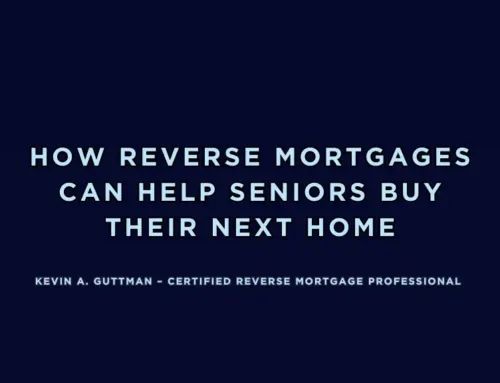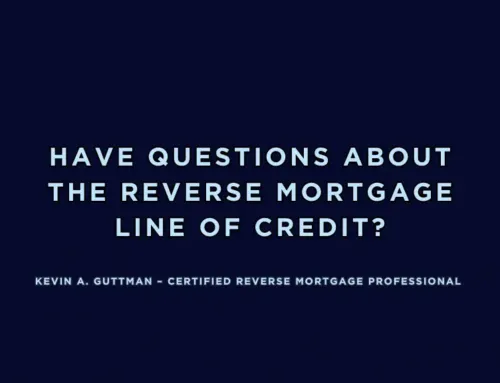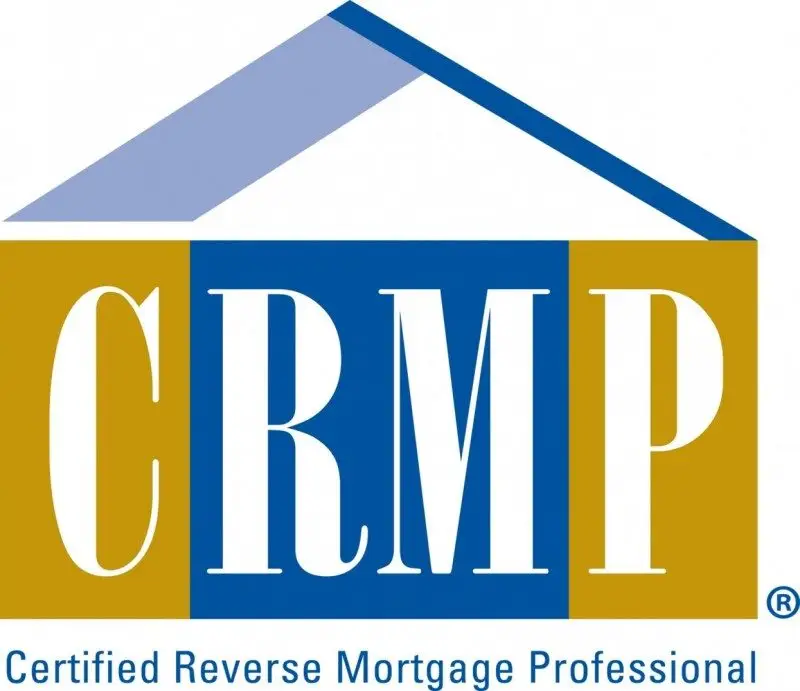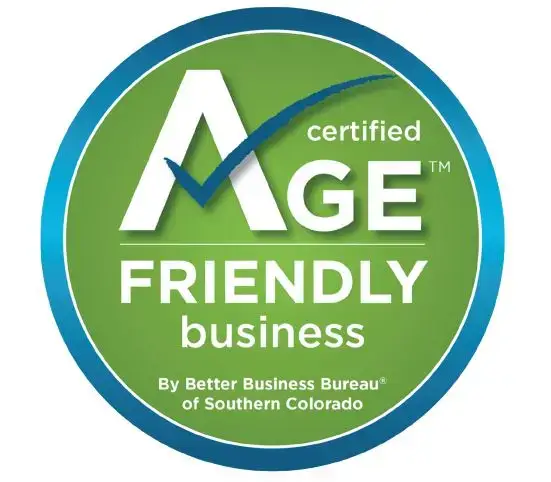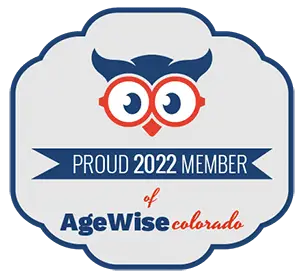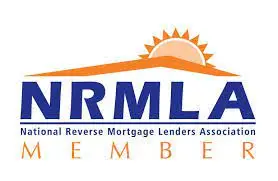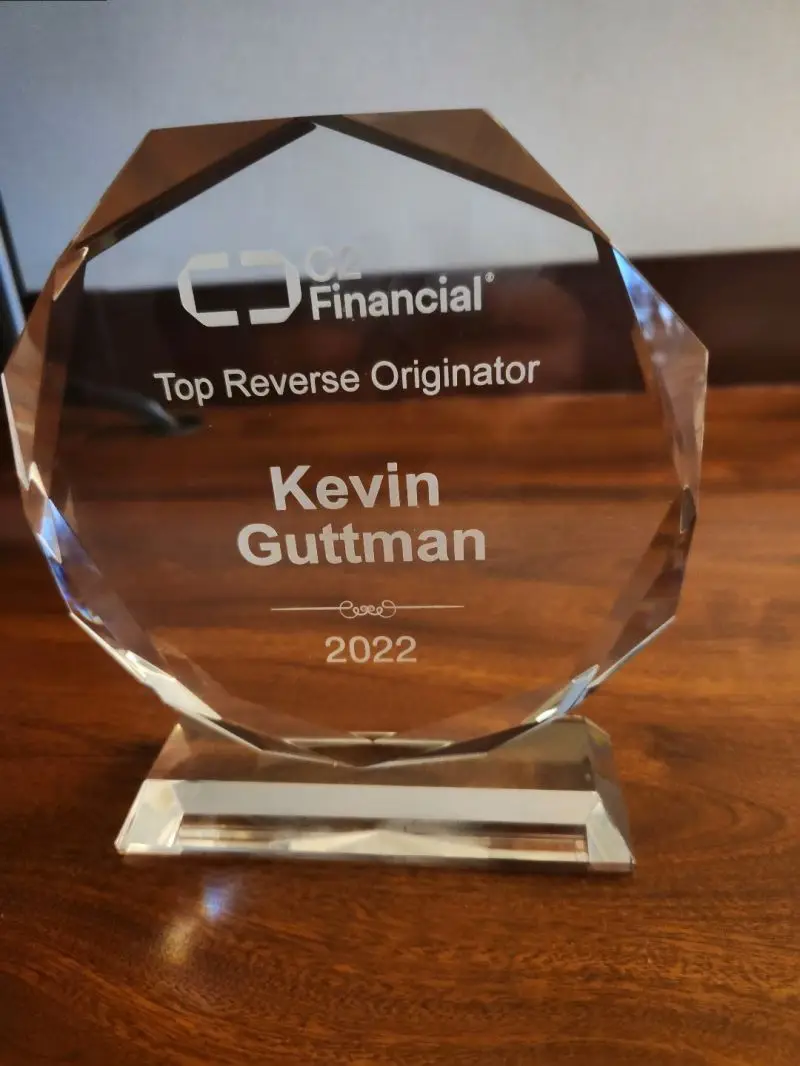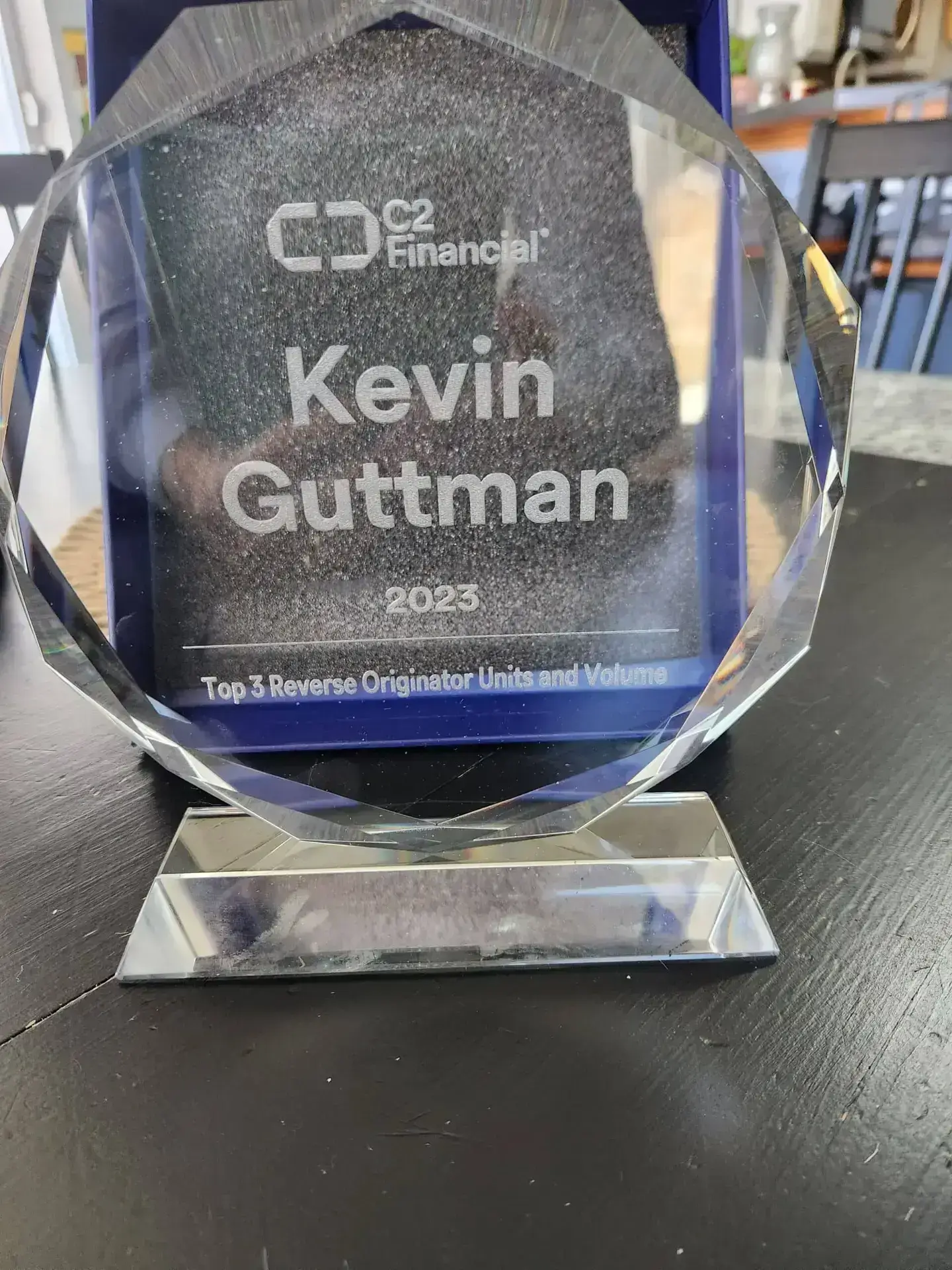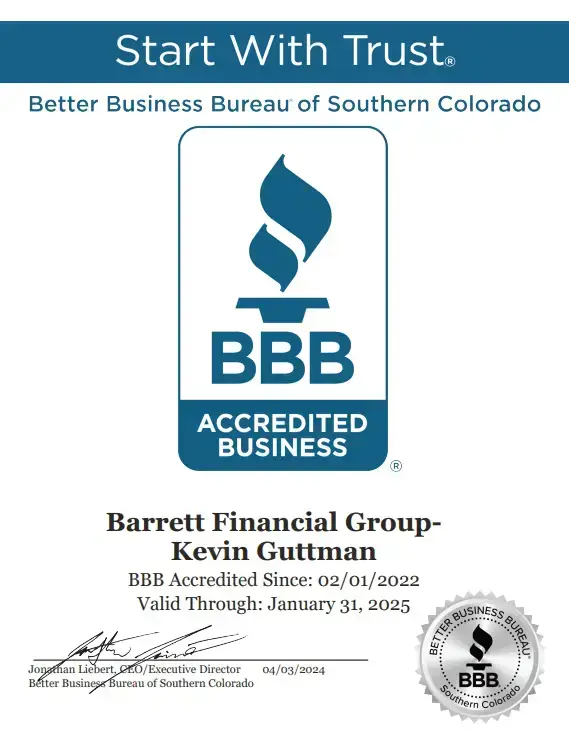It seems like everyone has an opinion about reverse mortgages—unfortunately, most of those opinions are outdated or flat-out inaccurate. Time and again, when I sit down with clients and explain how a reverse mortgage works, I hear the same questions: “Why doesn’t everyone do this?” or “It sounds too good to be true—what’s the catch?”
Then, what usually happens is they talk to a neighbor, a family member, a co-worker, or they watch a YouTube video featuring a rant by someone like Dave Ramsey or Suze Orman. Sometimes it’s even worse—they’ll get advice from “someone who knows someone,” like their Uncle’s neighbor’s cousin’s best friend, who isn’t in the mortgage business, doesn’t have a reverse mortgage, but still fancies themselves an expert on the subject. After that conversation, the person who was once excited and optimistic suddenly begins to doubt everything they’ve just learned.
Over the years, here are some of the most common pieces of “advice” these so-called experts have shared with my clients:
- “Be careful, you’ll lose your home.”
The truth: As long as the homeowner lives in the home as their primary residence, maintains it, and keeps up with property taxes and insurance, the reverse mortgage can last as long as they do. The loan term can extend for up to 150 years, and they remain the owner of the title the entire time—just like with any other mortgage.
- “You should just sell your home and rent.”
A real-life scenario: I ran the numbers for a 62-year-old couple considering this option. If they sold their home and rented a two-bedroom, two-bath apartment in Colorado Springs, with rent increasing by 2% per year over the next 30 years (and assuming a 4% average annual appreciation in home values), they would forfeit over $1.5 million over that period. Not exactly sound advice, right?
- “The longer you wait, the better.”
A common misconception: Some believe waiting to get a reverse mortgage is a better strategy, like waiting until age 67 instead of 62. I ran the numbers for one client who waited—by delaying just five years, they lost out on $116,000 in line-of-credit growth. In reality, waiting can actually cost more than acting sooner.
Table of Contents
The Real Value of a Reverse Mortgage
A reverse mortgage is a unique and powerful financial tool. I’d estimate that 95% of people don’t fully understand how it works. For those who take the time to learn about it, however, they often discover that it can be a game changer. For senior homeowners who want to stay in their homes, age in place, and access their home equity without worrying about monthly principal-and-interest payments, a reverse mortgage can open doors to new possibilities. It allows homeowners to maintain their lifestyle, protect a portion of their home equity, and age in place without losing ownership of their home.
The Key Takeaway: Choose Your Sources Wisely
When it comes to reverse mortgages—or any financial decision—it’s crucial to choose your sources of information carefully. Would you go to a foot doctor if you needed heart surgery? Of course not. If you needed your taxes done, would you consult your pharmacist? Probably not. We all have our areas of expertise, but no one is an expert in everything.
If you want to understand how reverse mortgages work, don’t rely on general advice or outdated myths. Work with a specialized, experienced expert who knows the ins and outs of reverse mortgages. You deserve accurate, up-to-date information that can help you make an informed decision about your future.
Get Expert Guidance on Reverse Mortgages Today!
Still deciding between a Reverse Mortgage and Permanent Life Insurance? Contact us today for a free consultation and personalized advice on securing your financial future
To help you explore your options and determine if a reverse mortgage might be right for you, we’ve created some helpful resources:
Visit Our Homepage – Learn more about reverse mortgages and our services.- Take our Home Equity Quiz – Discover if tapping into your home equity could benefit you.
- Find out Is a Reverse Mortgage Right for You? – A quick assessment to see if a reverse mortgage aligns with your needs.
Contact Kevin – Get personalized guidance from our Certified Reverse Mortgage Professional.
Let’s talk! I’d love to help you understand how a Reverse Mortgage can unlock more equity, reduce financial stress, and provide lasting peace of mind.



